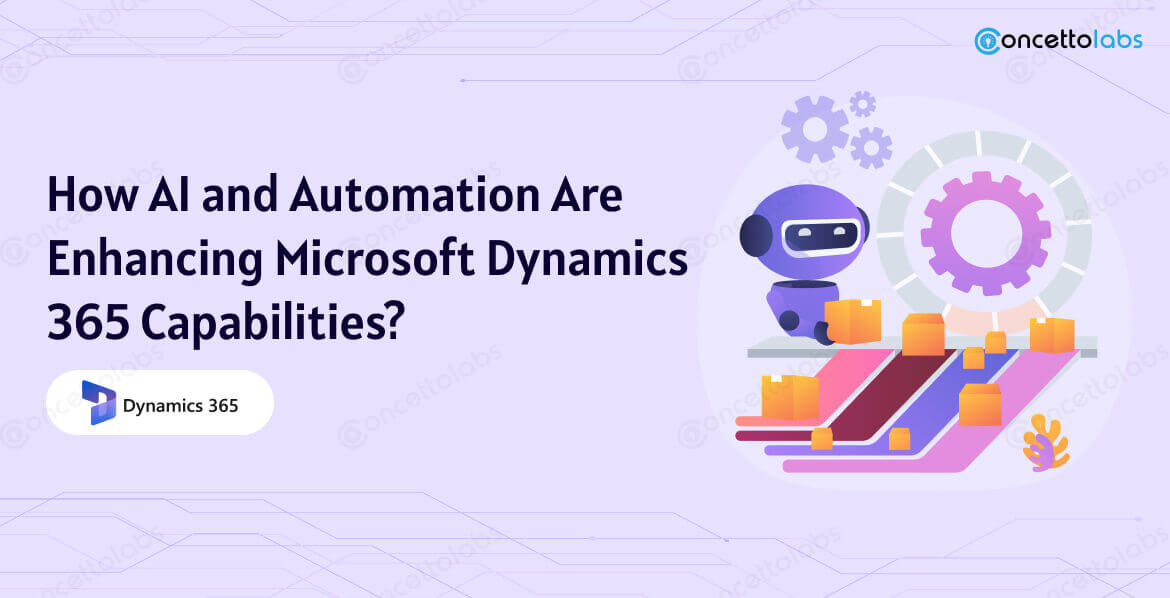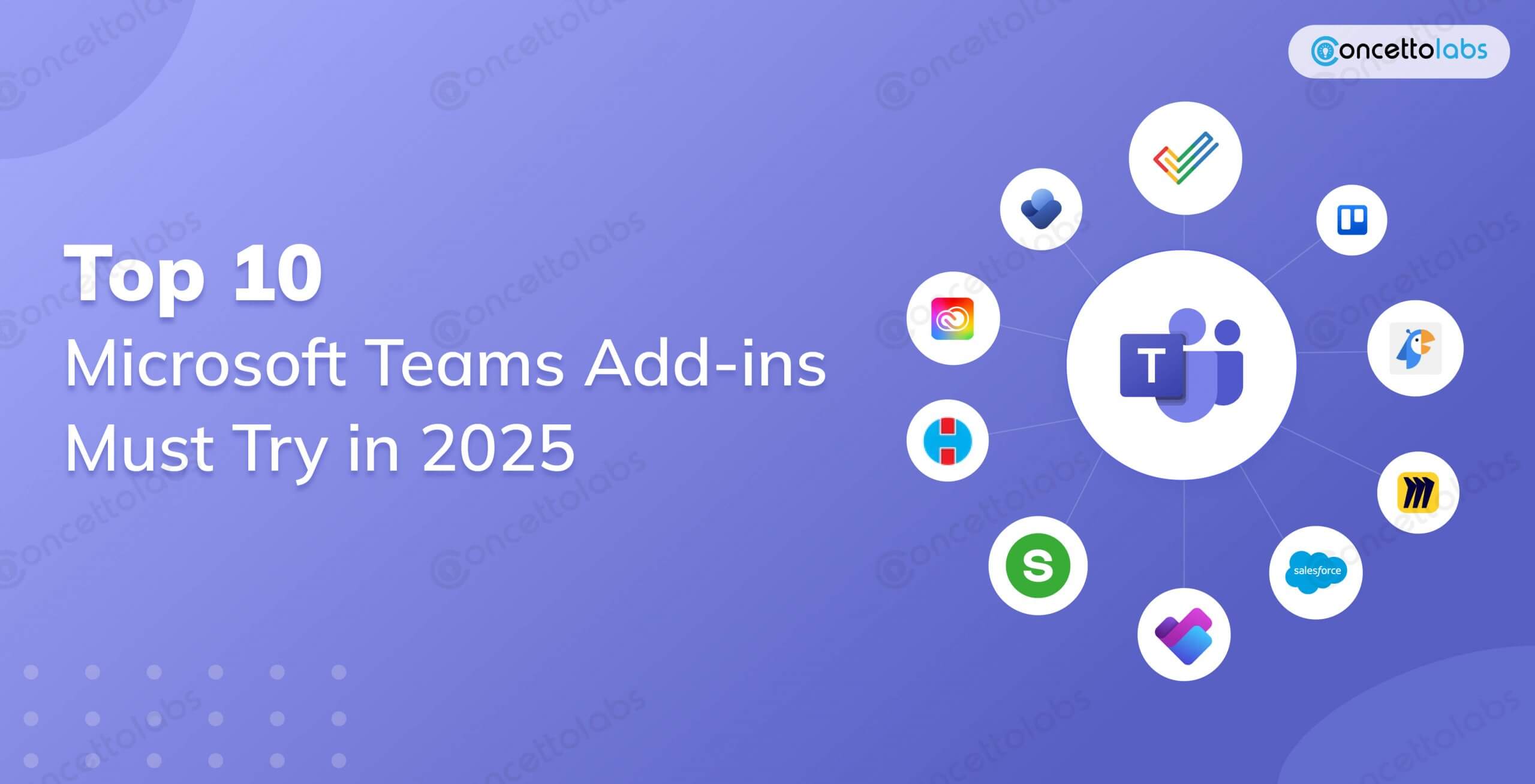
Nowadays, businesses seek methods to streamline processes and boost productivity in the digital age. One of the most efficient ways to do this is to introduce technology solutions that help automate procedures and enhance communication. One such tool that has grown in popularity recently is Microsoft Power Platform, which can be used to build unique business apps, automate operations, and analyze data. Microsoft Power automate consulting services have made significant progress toward improving its communication capabilities by integrating ChatGPT.
Defining ChatGPT
ChatGPT is a conversational agent powered by AI that can comprehend natural language and give pertinent answers. It can respond to queries on a wide range of subjects and has been trained on a vast quantity of data. Several platforms, including websites and mobile apps, can use ChatGPT to give users a conversational interface for interacting with the platform.
How Microsoft Power Platform Integrates ChatGPT?
Users of the Microsoft Power Platform can design unique business apps and automate operations using a set of low-code development tools. Microsoft recently revealed that they are incorporating the Power Virtual Agents tool with OpenAI’s ChatGPT app, a sizable language model.
Users can develop chatbots and virtual agents with more sophisticated natural language processing (NLP) and machine learning capabilities due to the integration of ChatGPT with Power Virtual Agents. Virtual agents can comprehend and react to a greater range of user inputs with the aid of ChatGPT, including complicated words, idiomatic expressions, and even emotions.
This connection is important because it enables companies to develop more complex virtual assistants that can converse with clients, staff members, and other stakeholders in a more believable and human way. This may result in more productivity, happier clients, and more effective business practices.
For instance, a company can use PowerApps to develop a bespoke application that enables employees to request time off. With ChatGPT integrated, staff members can ask the software for time off in plain English, and the program will comprehend and handle the request appropriately.
ChatGPT’s integration with Microsoft Power Platform is a promising development that might significantly affect how companies communicate with their clients and staff.
Powers of Generative AI
Giving generative AI capabilities to Power Platform apps and AI Builder is a logical next step, according to Kashyap Kompella, CEO of RPA2AI Research, especially in light of Microsoft’s cooperation with OpenAI Chat GPT app and $10 billion investment in that company, as well as the latter’s potent big language model and chatbot, ChatGPT.
According to Kompella, “ChatGPT has significantly raised the bar on expectations for enterprise bots.”
He added that it is simpler to incorporate new information into customer service operations when GPT-based bots are trained on a company’s papers.
GPT-based text production, meanwhile, boosts productivity among employees. Text generation can help staff with time-consuming chores, including summarizing, rewriting, and reformatting.
Every person can have their own AI assistant to help them be more effective at work by merging conversational interfaces with fundamental [big language model] LLM AI applications, according to Kompella.
Using conversation boosters, businesses may create responses that their chatbots can provide to a subject they have not yet been educated on using their most useful and up-to-date data sources.
Pros and Cons of Generating ChatGPT with Microsoft Power Platform

Pros
1. Improved customer experience: By integrating ChatGPT with the Microsoft Power Platform, you can offer your clients round-the-clock assistance and prompt responses to their questions, enhancing their experience with your company.
2. Enhanced effectiveness: ChatGPT can manage a lot of customer enquiries at once, which can assist in lightening the workload and increase the effectiveness of your customer support team.
3. Better insights: ChatGPT can gather important consumer information that can be utilized to understand customer behavior and preferences and assist you in making data-driven business decisions.
4. Cost savings: Using ChatGPT to automate customer care, you can eliminate the need for a sizable customer support staff, saving you a lot of money.
Cons
1. Limited personalization: ChatGPT might not be able to offer the same degree of individualized assistance as a live customer service agent.
2. Lack of empathy: In some customer service scenarios, ChatGPT may not be able to express empathy and understanding like a human representative.
3. Technical difficulties: For some enterprises, integrating ChatGPT with the Microsoft Power Platform may require technical expertise.
4. Updates and maintenance: ChatGPT may need regular updates and maintenance to keep working properly, which can be time-consuming and expensive.
What are the Benefits of Integrating ChatGPT with Microsoft Teams?
LCDPs (Low-code development platforms) are excellent at breaking down complex functionalities into manageable components. For the benefit of both amateur coders and experienced programmers, they frequently provide drag-and-drop functionality and reusable templates. And integrating the ChatGPT platform into such a low-code setting has a lot of potential advantages. For instance, ChatGPT, a component of Power Virtual Agents, can be used to build chatbots that link to internal and external company resources. This might make it easier for users to create an AI that is aware of context and is trained on papers from a corporation.
Deep insights and assistance can encourage progress when using AI in low-code applications. Through improved auto-completion and intelligent insights, such AI assistance can significantly speed up development activities. It can swiftly generate boilerplate code and make suggestions more suited to work at hand than standard static templates.
GPT-based chatbots with power platform AI trained on a company’s papers may be far more useful than a generic model without context. An internal AI trained for customer care could be useful in automating manual support tasks and summarizing corporate information. More users can benefit from cutting-edge AI by making it easy to create these chatbots with low code. This might quicken the pace of development, especially for chatbots that are contextually aware and have mobile interfaces.
Consequences for the Low-Code Sector
The market has been rushing to react to ChatGPT’s impact. To mixed receptions, tech titans introduced their own generative AI. Some people, including myself, also wonder how low-code and AI will coexist in this new era.
But it seems most likely that these recent advancements will raise the bar for the software industry and improve how LCDPs are created and used. In addition to enhancing the developer experience, custom ML model training, and creating more intelligent end-user experiences, AI has the potential to improve LCDPs in several ways.
Given Microsoft’s massive investment in AI research and development, it could be difficult for mid-size low-code platforms to keep up without their own AI-driven workflows. As a result, LCDPs that do not implement strong AI risk losing out on gaining new members. A broader cloud technology suite with native storage for their data may be preferred by engineers who want to build AI models that run on internal datasets.
Conclusion
The future is now, and AI is already here. While certain code restrictions are being removed, developers still have their job cut out for them. Solutions with low-code architectures and standardized software delivery pipelines can take advantage of this. Both parties should do well in this new era if LCDPs can keep up with AI and integrate it into their workflows. Powerapps development company like Concetto Labs can truly develop Microsoft Power Apps without any hassle.










 Indonesia
Indonesia
 Botswana
Botswana
 USA
USA
 Italy
Italy
 Panama
Panama



 USA
USA UK
UK Saudi Arabia
Saudi Arabia Norway
Norway India
India Australia
Australia